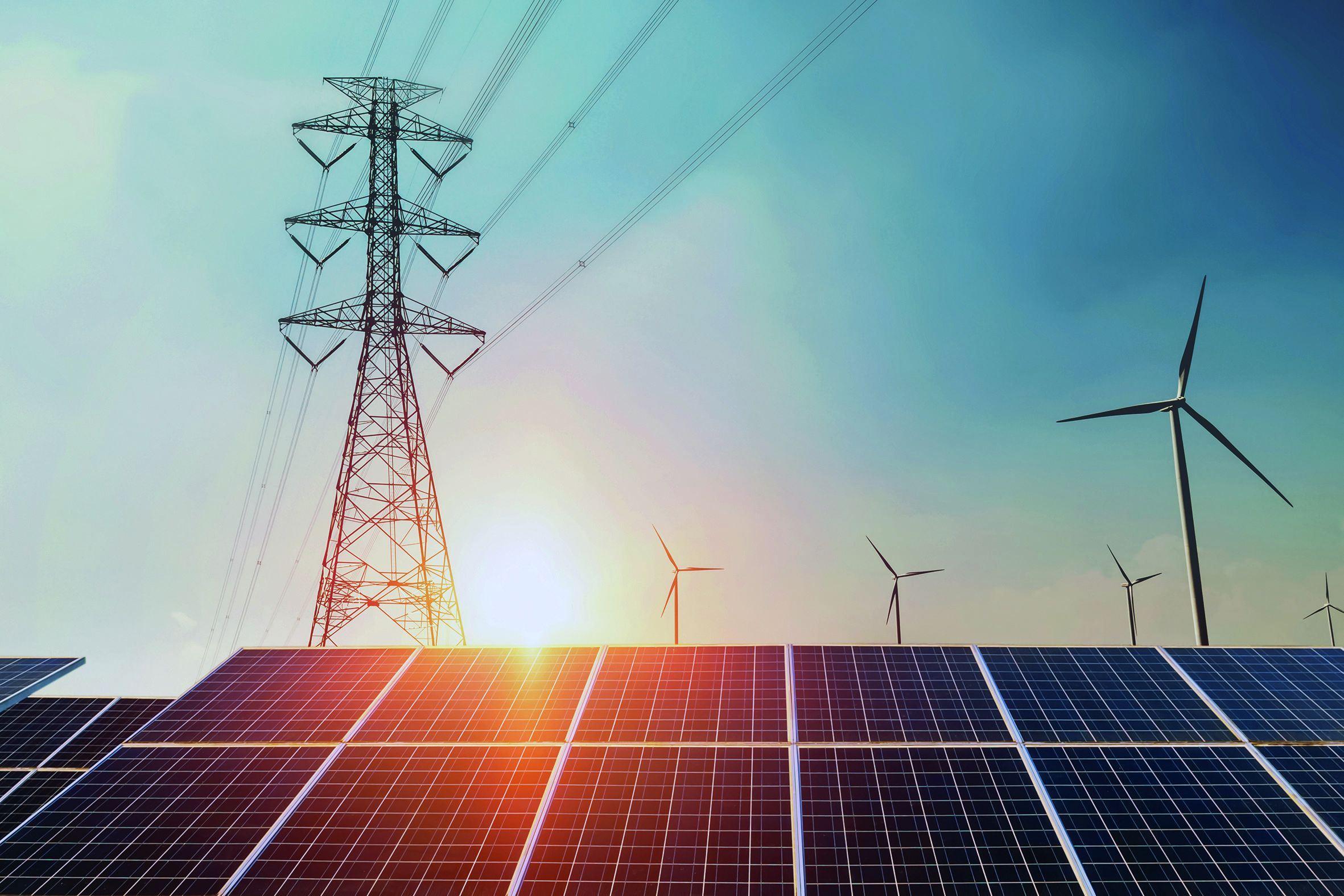
A new report from Cornwall Insight and national law firm Weightmans on the co-location of energy assets, entitled “Co-location, co-location, co-location”, has laid out the significant cost savings of using one grid connection for multiple renewable generation or storage assets.
The report outlines how co-location could incentivise the development of battery storage and the expansion of a variety of energy sources including solar and wind power, as well as low-carbon hydrogen production. It could also help to accommodate new energy needs such as an increase in electric vehicle charging.
Setting up a new site, especially for storage assets, is currently a long and often costly process, involving planning permission, leasing costs and establishing a grid connection. By co-locating a new renewable generation or storage asset behind an existing grid connection, developers will be able to both expedite and bring down the costs of developing the UK’s renewable generation capacity.
Savings can be made by reducing capital and operational costs through using existing infrastructure and land that would otherwise be under-utilised and by taking advantage of spare grid connection capacity. There is also the potential to co-locate the energy generation site with the demand site of a business, which could see savings by cutting the cost of importing the energy.
While cost savings are a primary gain of co-locating, an additional related benefit to adding a new asset to an existing one is quicker connection to the grid. With some storage assets facing a wait for a grid connection beyond 2030, co-location will speed up getting these online, which in a global energy supply crisis has never been more important.
Figure 1: Poll of energy experts on the main benefits of co-location1
What do you see as the main benefit from co-locating storage with a renewable generation asset?
Source: Cornwall Insight
Dr Matthew Chadwick, Lead Research Analyst at Cornwall Insight said:
“As the UK transitions to net zero, energy generation will become increasingly dominated by intermittent renewable generators. If we are to guarantee a consistent supply of energy, then more renewable generation and importantly increased energy storage will be essential. Despite this, concerns over planning permission, grid connectivity and leasing expenses are all putting up barriers. Through co-location of energy assets, we can utilise land that is already being used for renewables and storage, and use untapped grid capacity, cutting the cost and timeframe of expanding renewables – something desperately needed if we are to wean ourselves off unstable foreign energy imports.
“As co-location expands there will be an increasing number of case studies for renewable generators and developers to turn to for best practice, and most importantly the pitfalls to avoid. This could see the ironing out of some challenges and complexities that may have put people off co-locating in the past. Ultimately, if the UK wants to stay on track with its net zero transition, and secure energy supply for decades to come, co-location will need to be an essential tool in the process.”
Nick Fothergill, Partner at Weightmans said:
“Co-location has been a trending topic within the industry for some time, but interest is accelerating as we see more sites come online, offering blueprints of best practice for the future. Combining different technologies through co-location can help grid efficiencies and unlock additional revenue streams, but also comes with added risks and complexities.
“It is time to think differently about how we approach co-location projects in order to maximise investment and make such schemes viable. There is no one size fits all approach, and flexibility is essential in order to generate the best outcome for all. Good legal advice can ensure that projects are de-risked and structured in a way that allows for developers to future-proof their projects and crucially, make funders more comfortable with their investment.
“As the focus on green and sustainable investment continues, co-location is expected to have a significant role to play, and we hope this report provides a useful analysis of the opportunities and challenges that lie ahead.”
Notes
- A poll of 83 attendees was conducted as part of a joint Cornwall Insight and Weightmans webinar on co-location presented on 20 July 2022






